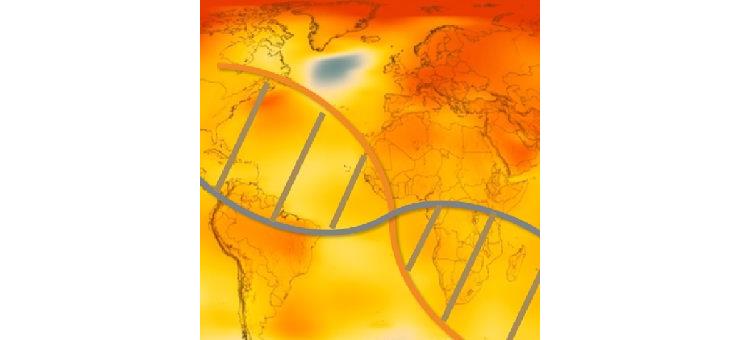
Climate Change and Genome Adaptation
- Post by: helixpub
- November 27, 2024
- No Comment
Global climate change is reshaping ecosystems and putting immense pressure on life as we know it. Beyond the visible impacts—melting ice caps, rising sea levels, and shifting weather patterns—there is a deeper, often overlooked consequence: changes at the genetic level.
As temperatures rise and habitats are altered, species must adapt rapidly or risk extinction. These adaptations often occur in the genome, where specific genes are activated or mutated to help organisms survive. For instance, some plant species are evolving drought-resistant traits, while certain animal populations are developing adaptations to cope with extreme weather.
However, this rapid genetic evolution comes at a cost. Many species cannot adapt quickly enough to keep pace with the accelerating rate of climate change. This mismatch threatens biodiversity and disrupts ecosystems, highlighting the urgent need for global action.
Understanding the link between climate change and genome adaptation is crucial for conservation efforts. By studying these changes, scientists can predict which species are at greatest risk and develop strategies to protect them, ensuring the resilience of our planet’s delicate ecosystems.
Let’s act now—because the health of our planet, and its genetic legacy, is at stake.
